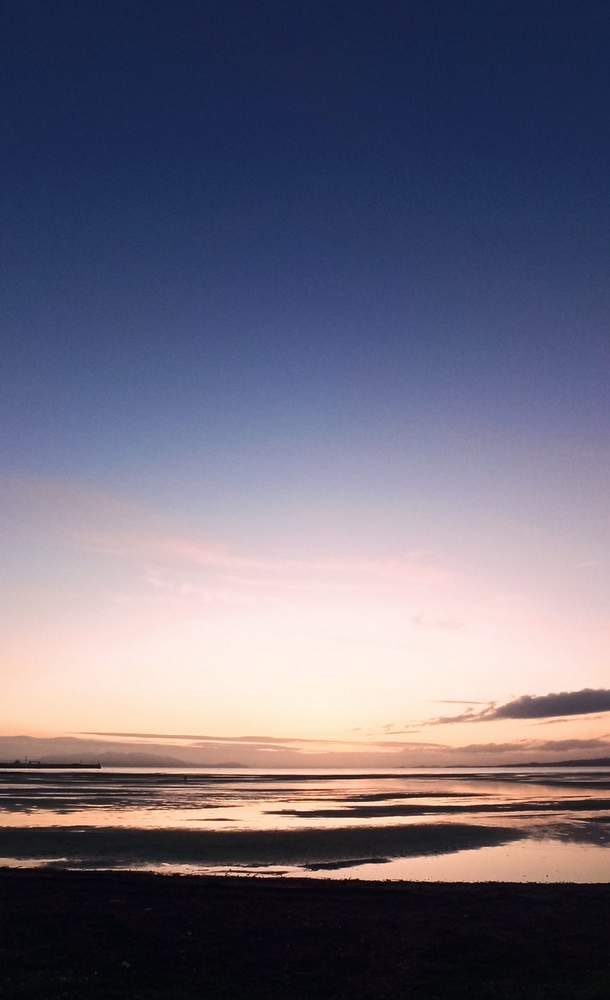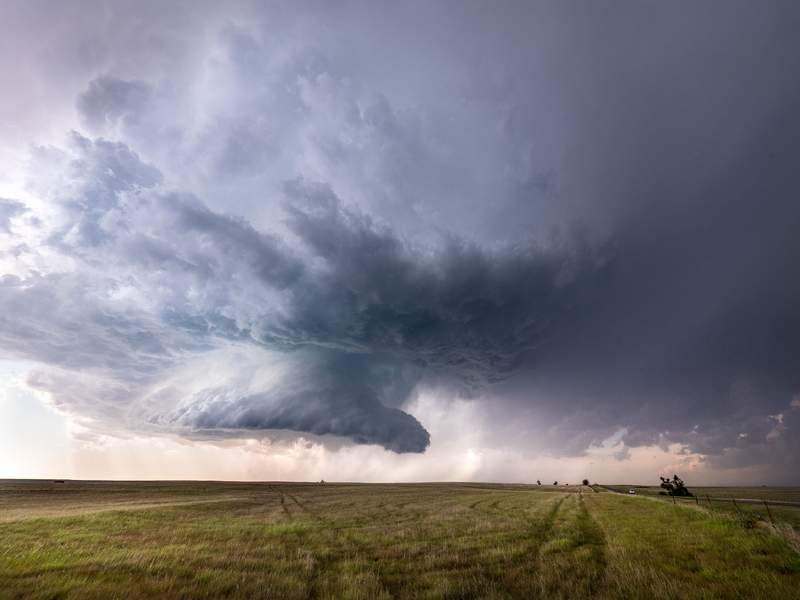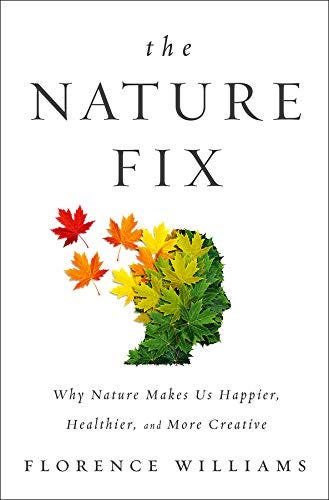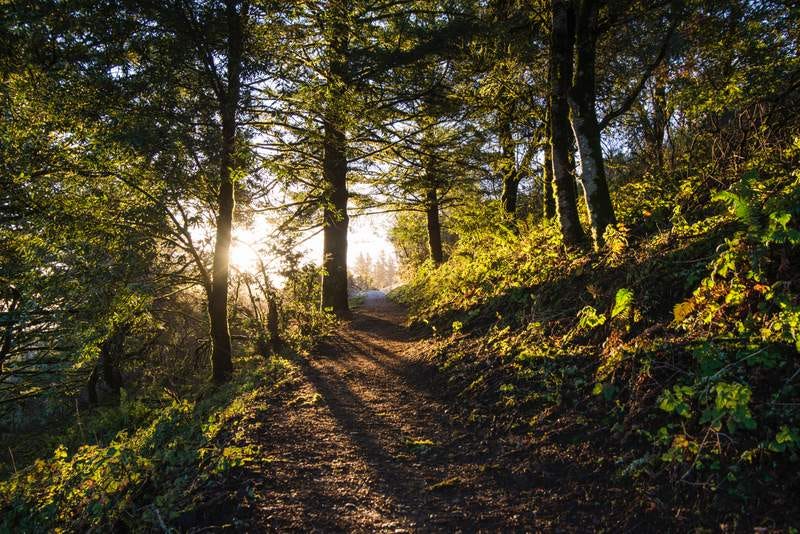Hello! This is Everything Is Amazing, a sciencey newsletter about refining your curiosity, ignoring clickbait and being constructively stupid.
Regarding that last point - when I wrote this piece on the Great British Scone Debate a few weeks back, I never suspected the following two things would happen:
It’s now the most popular piece I’ve written for this newsletter. (A piece on scones. In a newsletter about science. But hey, fine, it’s not like I was trying to build credibility for myself or anything. *stares out window for a while*)
It has crossed the Atlantic and is now wreaking havoc in New York as well.
I can’t (and also refuse to) take any credit/blame for the latter. It’s all down to
, author of CAFÉ ANNE. We got talking in the comments to my scones piece, and in a moment of madness I said:“I propose…we find a new, third pronunciation of "scone". Any ideas? I was thinking of how you pronounce the word "one", ie. "WON", and just adding "sc" at the front to make "SKWON". That should cause a healthy amount of chaos if used liberally in a public setting.”
Anne, who has a professional history of embracing this sort of bedlam, immediately went out into the streets of New York in search of people to bewilder.
A sample exchange:
Saturday, 11:45 am, Blank Street Coffee, Brooklyn Heights
Anne: “Hi, um, do you have a cranberry skwon?”
Barista: “No, we don’t.”
Anne: “No? Okay. Thank you.”
Barista: “Have a good day.”
Anne: “You too!”
Barista (To his coworker, as I’m leaving): “What’s a skwon?”
While privately I may have laughed like an absolute drain at all this, I cannot publicly condone this sort of behaviour. That would be irresponsible - as would be pointing you towards Anne’s hilarious writeup, perhaps by using an enormous embedded link, like this:
So I definitely won’t be doing that. It’d only encourage her.
Anyway, it’s been a bit of a week, so how about some sky science?
A few days ago, after a far-too-long session in front of my laptop that left me feeling particularly dull and empty, I shoved everything into a rucksack and went in search of some fresh air.
My new flat is in the middle of town - but in this corner of Scotland (above), that phrase means something like “a gathering of more than ten houses, occupied or abandoned, containing or not containing sheep” so it’s never that difficult to find a quiet spot.
I found a metal bench overlooking the sea, pulled out my water bottle and my electronic notebook thingy, and took a few huge gulps of the fresh sea air.
I immediately felt better. Not just ‘better,’ in fact, but a wholesale banishing of that feeling of having my limbs and my head full of concrete, of all my thoughts gridlocked between neurons, and a vanishing of that sense of being a cheap, “Similar To As Seen On TV” version of myself.
Five more minutes of that, and I was ready to work again. I wrote and wrote for an hour, enjoyed a few good “aha!” moments, and generally blazed through the work I’d struggled all morning to piece together in a coherent and meaningful way.
I know, I know. Getting some fresh air always helps. On one level, this is obvious. It’s not even clever obvious, like: “If nobody comes from the future to stop you doing it, then how bad of a decision can it really be?” (Thanks, science fiction.)
No. Everyone knows that fresh air is good for you, and immensely enjoyable to experience as well. Duh.
But in the spirit of not trusting “obvious” things because of their proven ability to stop you thinking about them and maybe learning something new for a change, I got to wondering: why do we enjoy fresh air so much?
Off the bat, I see two avenues of inquiry here. Maybe it’s about the way we breathe and the benefits of improving it - in which case, I’d turn to my friend Jonny, who I interviewed back in season 2, and who currently runs the Nervous System Mastery course, to the delight of all his students.
But today I want to look outside the body, at the air itself. This makes it the kind of question about the natural world that Heather Wall would do a great job of answering, or maybe Melanie Newfield at The Turnstone (although she’s looking at water at the moment).
Back in the first season I looked at why it’s possible to love the smell of coffee and hate drinking the stuff, which is down to the absolutely bizarre way our senses of smell and taste interact with each other. Could I find something that weird going on here as well?
The answer is a tentative but enthusiastic HELL YES.
Every now and again, the nerve cells connected to your nose go a little haywire.
It’s known as “spontaneous olfactory discharge” - and you don’t notice it because the other neurons in charge of processing the sensory information we call odours compare with the other smell-related data they’re receiving, flag these rogue inputs up as glitches, and override them.
However, if something’s awry with the way you perceive smells - for example, the blunting of the sensations of smell and/or taste arising from a disease like COVID-19 - then there’s less of a fact-checking bulwark against these random nerve firings. There’s less reason for your brain to consider them suspicious. Sometimes, it gives them a green light.
In those moments, your nervous system starts telling you about things that aren’t really there, filling in the blanks in a similar way to the visual hallucinations that occur when you exhaust the neurons in your retinas by staring at your own reflection, as I wrote about previously.
The olfactory version is known as phantosmia - and as Helen Thomson reported for BBC Future in 2015, it struck software engineer Max Livesey (a pseudonym) in his hotel room on holiday: a vile pong of burning leaves, turning it into the illusory effect called cacosmia, which means you smell something as bad as…yes, that.
In Livesey’s case, the cause was no mystery: he had Parkinson’s disease, which often comes with an impaired sense of smell. But something else was going on:
“Livesey had started to notice something even more peculiar: his hallucinations would get worse just before a storm. Two to three hours before clouds gather, his phantosmia intensifies and persist throughout a storm. Sometimes, he says, he can predict a storm coming up to ten hours before it starts.”
It’s a well-documented fact that our bodies can be affected by the weather, as those will attest who suffer headaches and joint & muscle pains as foul skies approach. (In my late teens I broke my arm while riding a BMX over a home-made ramp - and to this day, it throbs with discomfort when the weather is changing.)
But according to Alan Hirsch of the Smell and Taste Treatment and Research Foundation in Chicago, Livesey’s case was the first to formally tie phantosmia with weather. One particular explanation seemed likely:
Less well-known is the fact that our sense of smell is also known to decrease with a drop in air pressure, says Hirsch. Since a drop in barometric pressure that precedes a thunderstorm would reduce Livesey’s olfactory ability even further, it may serve to further increase his phantosmia.
Of course, Livesey’s phantom smells may simply be a case of recall bias, where a selective memory may lead him to notice the times that his phantosmia gets worse before a storm than when it fluctuates at other times. Or it could be that he’s already been primed by a weather forecast beforehand. Livesey doesn’t believe this is the case – on many occasions he has not seen a forecast, yet was still able to predict the onset of bad weather.
So it could be that the “goodness” of a good, clean fresh-air smell is an olfactory mirage. After all, air itself is just air, which doesn’t really smell of anything - and there’s also the double-whammy of our noses being less sensitive to smells when they’re colder (which fresh air usually is), while odour molecules buoyed aloft by the wind have less energy (heat being energy and all that) and therefore don’t jostle their way up our noses quite as vigorously. All very sensible-sounding.
But of course we can smell changes in the weather. It’s not an illusion.
If you’ve ever gone for a walk as a thunderstorm approaches, you might have noticed a coppery, vaguely bleach-like smell in the air. That’ll be ozone (O3),the same stuff that forms a layer in the stratosphere that protects us from cancer-triggering ultraviolet light, and now should continue to do so after one of the most successful environmental campaigns in human history.
Ozone forms when lightning rips the air apart to form oxygen and nitrogen, leading to the formation of nitric oxide, which is important to biological health (Molecule of the Year in 1992!), and conventional oxygen (O2) - and, every now and again, ozone.
You’re smelling it because of an enormous downdraft of air that comes before a storm, which drags ozone down from higher altitudes. What’s filling your nostrils is the aroma of the atmosphere 20 miles above your head - if it wasn’t so cold up there that your nose would immediate freeze solid, of course.
Other weather effects are even smellier. Tornadoes, according to professional storm chasers, reek of rotting vegetation, burnt wood and even sewage - although that could just be due to the devastation they’re wreaking at ground level. And when there’s a temperature inversion - the kind that causes the spectacular fata morgana optical illusion - pollutants can build up and linger in this slow-moving layer of cold air hugging the ground, making the air smell like whatever the nearest factory is belching from its chimneys.
Then there’s what is wafting up - which can have a huge effect on our sense of wellbeing.
In her endlessly fascinating book The Nature Fix, Florence Williams looked at the role of trees in providing us with really great-smelling air to hike through.
In a study conducted by Dr. Qing Li, medical doctor at Tokyo’s Nippon Medical School and founding member of the Japanese Society of Forest Therapy, a bunch of middle-aged Tokyo businessmen were taken for a hike in the woods, after which they had their bloods taken. Dr. Qing found that in every case, the test subject’s NK cells (effector lymphocytes associated with controlling tumours and fighting microbial infections) had increased by 40% - and a month later, they remained 15% higher than the individual’s everyday level.
Qing’s working hypothesis: the “aromatic volatile substances” in the air (aka. essential oils from the leaves of the trees, that delicious forest smell that our artificial air-fresheners unsuccessfully try to reproduce) were triggering this response.
To test it further, Dr. Qing placed 13 test subjects in hotel rooms for 3 nights: one half enjoying the effects of a humidifier loaded with oil from Hinoki cypress trees (a common sight in Japan), the other half without. Afterwards, the humidifier-breathing subjects saw a 20% boost in their NK cell levels, and reported getting a better night’s sleep than their null-smelling counterparts.
Then there’s the smell of the wet earth after rain, called petrichor - which you probably already know, because it’s that made-for-social-media combination of a gorgeous-sounding term for a gorgeous-sounding effect. It’s a similar kind of thing: oils hanging in the air after being splattered skywards into an aerosol by falling raindrops. In particular, one organic compound called geosmin, a type of alcohol formed from bacteria processing organic matter. It seems our noses are unusually attuned to this substance - able to detect a few parts per million.
Okay, fine, say the scientists. Yes, planted in the right places, forests are great, trees are great, and they make our air smell terrific - as well as cooling all our cities for free, so maybe cutting them down is a really bloody terrible idea, Sheffield City Council? Anyway. No arguments there.
But - why? Why are we humans responding in this way, with a lifting of the spirits mirrored by a boosted immune system? How much of this response is illusory (or even just a psychological glitch of some kind, working like a placebo) and how much is fulfilling some biological purpose, evolved deep into us over who-knows-how-long?
As far as I understand it, this is where the work’s currently being done. It’s all currently rather…up in the air. (I’M SORRY I’m sorry. You can unsubscribe at the bottom of this email.)
But as this piece by Daisy Yuhas at Scientific American notes, maybe we modern folk have got the importance of smells all wrong. Maybe it’s a messaging system, working in all sorts of surprising directions, that we’ve mostly forgotten how to tune into:
Anthropologist Diana Young at the University of Queensland has studied the traditions of aboriginal people in Australia's Western Desert. There, the first rains before wet wintry and summer months are an important event, mingling the sweet odors of damp gum leaf oils, eucalyptus, animal waste and dust. The rains bring game such as kangaroo and emu, quench thirst and transform the red desert into a verdant landscape. Young says that to these people the smell of rain is linked to the color green, a connection she calls "cultural synesthesia." In fact, many of these Aboriginal peoples manufacture their own perfume with plant and animal fats and rub it onto their bodies, a symbolic connection of body and landscape. The odor is believed to be protective and cleansing, linking present generations to their ancestors.
Psychologist Pamela Dalton, a member of the Monell Chemical Senses Center observes that, although humans don't appear to have innate responses to these odors, we do learn to associate them with our experiences. Flooding may forever scar us with moist, mildewy memories, but for many the smell of rain is cleansing and refreshing—relief from the relentless summer heat.
Much to learn here, I feel. I’ll keep digging.
But if you’re looking for a practical takeaway to end this newsletter - well, you already knew what it is, but you won’t remember it while you’re indoors. That’s how this stuff seems to work.
Get outside, take a few good lungfuls, then it’ll come to you.
Trust me on this.
Images: Ethan Dow; Raychel Sanner; Daniel Thürler.











The aroma of the Skwon in my hand as I take a morning walk in the fresh-smelling air .... Mike, your posts are always fascinating, hilarious and now offer a new meditation practice. The Science of the Sowden Skwon Method of Meditating (while walking outside and eating said Skwon) is my new favorite practice! (Substitutes “Skwon” for “Om”....)
The ozone smell when it rains is also a similar smell that astronauts report in space. There are theories, and one of the prevailing ones is that this is the smell of stars being born and dying. So when it next rains, and you breath deep, you are smelling life or death universal.